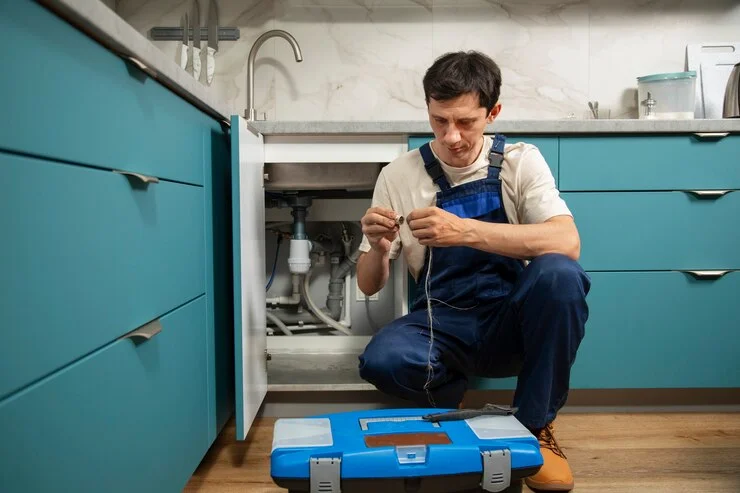Are you noticing signs of hard water in your home? You’re not alone. Hard water is a common problem for many households, especially in areas with high mineral content in the water supply. While hard water may not pose any immediate health threats, it can damage your plumbing system and appliances over time.
Thankfully, installing a water softener can help alleviate many of these issues. But how do you know if you need one? In this article, we’ll discuss the telltale signs that indicate you may need a water softener installed in your home.
Don’t let hard water affect the quality of your life or damage your home. If you live in Phoenix or its surrounding areas and have noticed any signs of hard water, it may be time to contact a company that offers water softener installation in Phoenix.
What is hard water?
Before we discuss the signs, let’s define hard water. Hard water has elevated levels of dissolved minerals such as calcium and magnesium. These minerals can cause various problems, including residue on dishes and fixtures, reduced effectiveness of cleaning products, and even skin irritation.
Now that we know what hard water is, let’s take a look at the telltale signs that indicate you may have it in your home:
1. Dry or itchy skin
Do you experience dryness or itchiness after showering? This could be a sign of hard water. Hard water minerals can remove natural oils from your skin, resulting in dryness and irritation.
2. Residue on dishes and fixtures
Do you notice white spots or film on your dishes, glasses, or fixtures? This is a common sign of hard water. As the water evaporates, the dissolved minerals are left behind as residue, giving your dishes and fixtures an unclean appearance.
3. Soap scum buildup
If you’re constantly battling soap scum buildup in your shower or bathtub, this could be a sign of hard water. The minerals in hard water can react with soap, forming a sticky residue that is hard to wash off.
4. Reduced water pressure
Is your showerhead constantly clogged? Hard water can accumulate mineral buildup in your plumbing system, decreasing water flow and pressure. If left untreated, this can also lead to costly repairs.
5. Faded or stiff laundry
Do your clothes appear faded or feel stiff after washing? Hard water can prevent laundry detergent from properly dissolving and doing its job, leaving behind mineral deposits on your clothing.
6. Shortened lifespan of appliances
Hard water can also damage appliances. The minerals in the water can build up in your dishwasher, washing machine, and other household appliances, causing them to work less efficiently and ultimately leading to shorter lifespans.
Installing a water softener
If you’re experiencing one or more of these signs, it’s time to consider installing a water softener. A water softener eliminates the minerals in hard water using an ion exchange process. This improves the quality of your water and also helps protect your plumbing system and appliances from damage.
When choosing a water softener, consult a professional for proper installation and maintenance. Additionally, look for a water softener designed for your home’s water usage and hardness level.
Conclusion
In conclusion, hard water can cause various issues in your home, from skin irritation to damaged appliances. Suppose you’re experiencing one or more of the telltale signs mentioned in this article.
In that case, it’s essential to consider installing a water softener to improve water quality and protect your home. It’s necessary to seek professional guidance for installation and maintenance, ensuring you select a water softener that meets your home’s specific needs.









